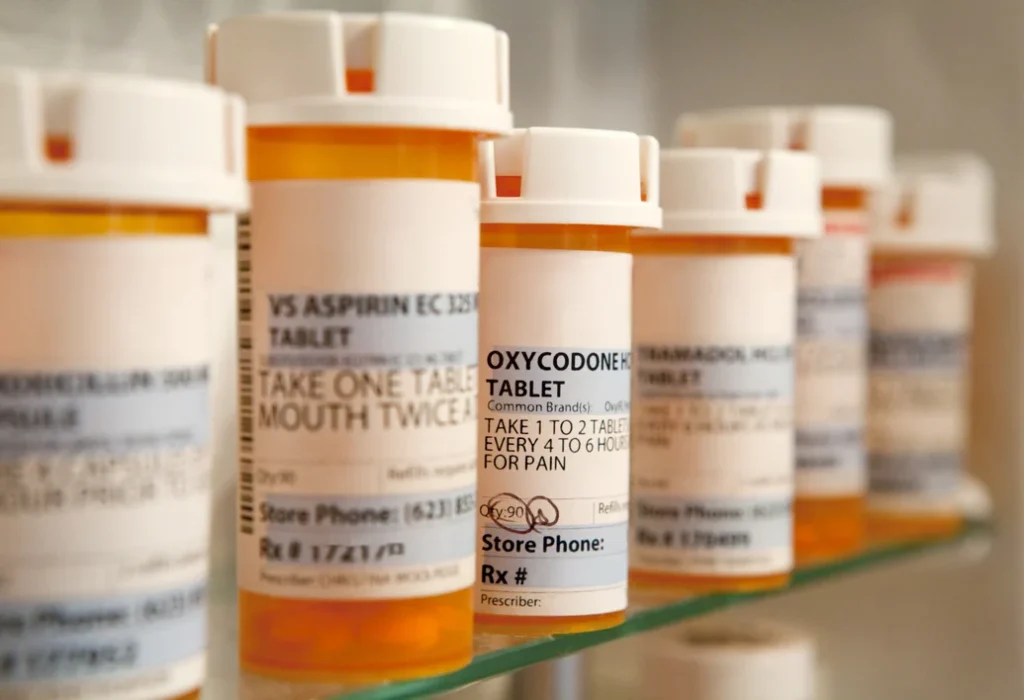Consider this scenario: It’s a Sunday morning, and you’ve awoken with a fever and sore throat. Given the day, you know that your primary care physician (PCP) is unavailable, but you want to feel better fast. So, rather than waiting until Monday to try and get an appointment, you walk-in to an urgent care facility. The doctor there writes you a prescription, and sends you on your way. Did you tell them every other medication (both prescription and over-the-counter) that you take along with your specific dosage and frequency? When you see your PCP next, do you mention the urgent care visit and the prescription given to you there?
While you may have attempted to recount all of your medications, unless you had them or a detailed list with you, chances are that you forgot one or two or perhaps gave an inaccurate dosage. It’s a common situation that both healthcare providers and patients frequently encounter, and it is one that is becoming increasingly problematic. As of 2015, adverse drug events (ADE) accounted for around 700,000 emergency room visits and nearly 100,000 hospitalizations. In many of these cases, medication reconciliation between patient and physician could have helped avoid the event entirely.
Whether seeing your PCP, an urgent care doctor, emergency room physician, or cardiologist, bringing your medications along will help them provide you with the best care possible and avoid any of the following medication reconciliation problems.
Medication Duplications
Duplicate therapy occurs when a patient takes at least two separate medications from the same class, whether over-the-counter or prescription. If your physician is unaware of all of the medications that you are taking on your own or that have been prescribed by another doctor, he may unknowingly write another prescription for the same or a similar drug. Depending on the type and dosage of medication, serious problems, including emergency situations may result.
Medication Dosage Errors
Past studies have indicated that improper dosage of medications accounted for the highest volume of medication errors and related fatalities. You can do your part to avoid these complications by ensuring that each and every doctor you see is aware of not only which medications you regularly take, but also how much and how often. No matter how well you think you know your prescriptions, there is always the possibility of forgetting the name or confusing your dosage amount.
Medication Interactions
There are many drugs that have the potential for adverse interactions. While you may not think that your daily medications are risky or worth mentioning, your healthcare team of doctors and nurses have more intimate knowledge of the potential dangers. No matter how innocent or unimportant it may seem, bringing even the most common medications can help your provider avoid a dangerous situation where drugs are unfavorably mixed.
For Cardiovascular Institute of the South, there is no greater responsibility than the safety of our patients. We urge you to bring all medications to each and every appointment for a thorough review with your physician. Even the slightest change in one medicine may impact the others. You will never regret bringing them and having the peace of mind that comes along with it.
